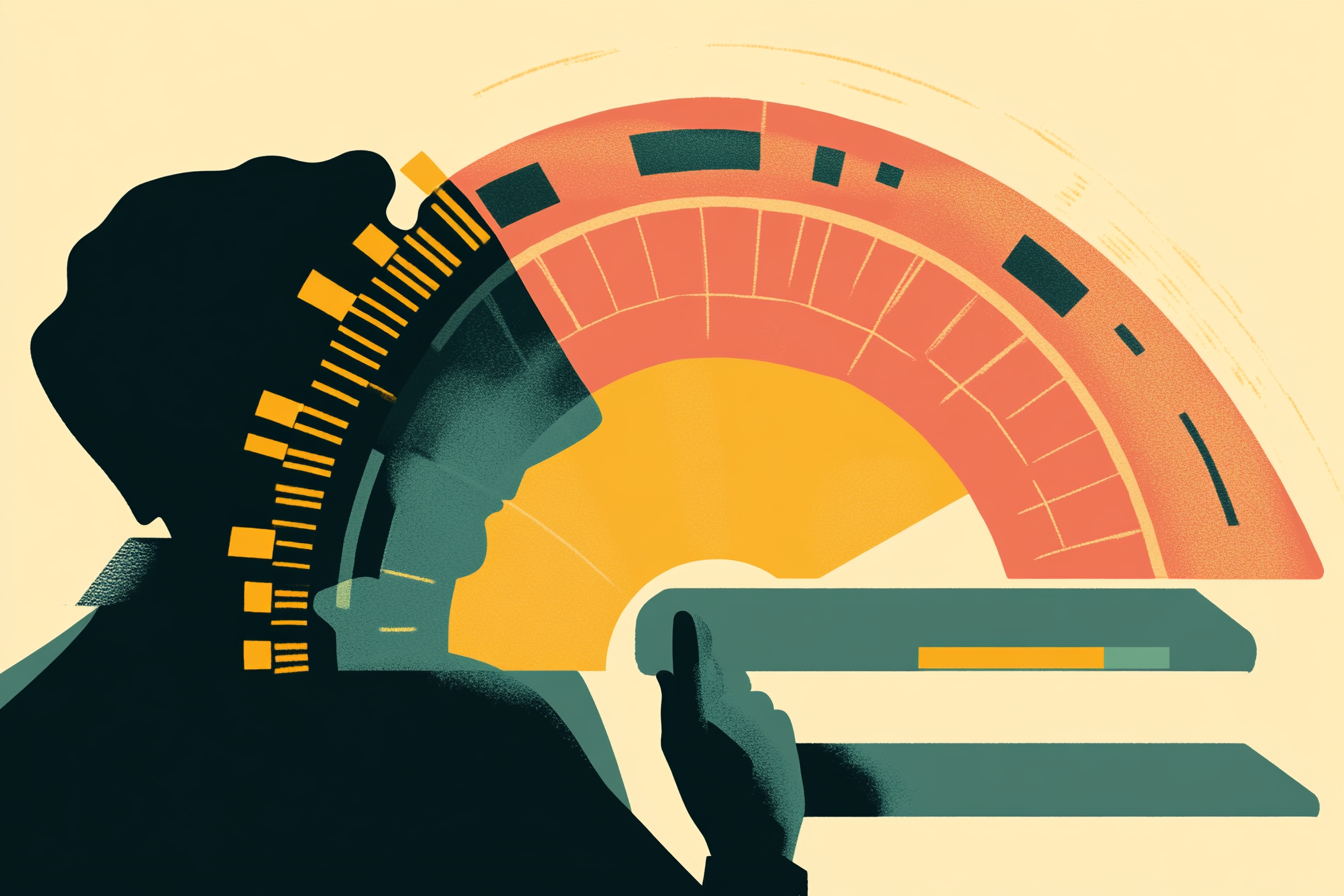Car insurance is expensive. As of 2025, the average American pays $ 2,149 annually for full coverage car insurance. With such high costs, most people would do almost anything to get their insurance rate down. What you might not realize is that the answer might lie with your credit. Your credit history significantly impacts your car insurance rates. Keep reading to learn how credit affects your insurance and how you can use this to your advantage.
Does Your Car Insurance Provider Look at Your Credit?
You need to apply for car insurance coverage. When you do so, the provider reviews many aspects, including your credit history. More specifically, they want to see how reliable a borrower you are. Your credit history can showcase whether you pay lenders back on time, if you have had anything sent to collections, and more.
If you were applying for a loan or credit, the lender would pull a standard credit score, usually supplied by FICO or VantageScore. However, your car insurance provider won’t do this. Instead, they’ll look at a credit-based insurance score (CBIS).
What is a Credit-Based Insurance Score (CBIS)?
Credit-based insurance scores, as the name implies, are a type of credit score tailored for ranking insurance policyholders. While a regular credit score determines if an individual is likely to make payments on a loan, a CBIS tries to predict the likelihood that someone will file an insurance claim. So, your CBIS has nothing to do with paying your insurance on time.
A CBIS is based on the individual’s credit history as seen on their credit report. Some insurance providers will use an in-house system to determine a CBIS, while others hire third-party credit-scoring companies.
A higher CBIS will mean you’re seen as less likely to take out multiple insurance claims. As a result, you’ll be given a lower insurance rate.
The Connection Between Your Credit and Insurance Filings

So, how does your credit history tell an insurance provider if you will—or will not—file an insurance claim? Well, it turns out the two are correlated.
Studies have shown that people with better credit file fewer auto insurance claims on average. And when they do, the claims tend to be less serious. On the other hand, individuals with poor credit file more.
A car insurance provider wants to pay out as few claims as possible. So, they offset their risk by offering higher premiums to individuals with poor credit, assuming that these people will cost them more.
Is Using a CBIS Legal?
If you live in most areas of the United States, you probably need to drive to function in your day-to-day life. And car insurance is a legally mandated requirement. So, it can seem unfair that credit plays a role in your ability to afford something that is almost a necessity.
Some states have also started to agree with this reasoning. California, Hawaii, Massachusetts, and Michigan have all passed laws prohibiting insurance companies from using credit in their underwriting process. In Maryland, denying or canceling a policy is illegal because of credit.
So, yes, using credit-based insurance scores is legal, but that can depend on the state you live in.
How to Improve Your Credit Quickly
Many drivers don’t even know that their credit score impacts their insurance rates at all. But, drivers with poor credit can pay up to twice as much for their insurance as those with excellent credit. And, improving your credit score by even one tier can save a driver up to $355 annually.
So, now that you know your credit is significantly impacting your car insurance rate, it’s time to make some improvements.
The good news is that improving your credit is possible for anyone. And, now you know, the reward for doing so is likely a discount on your auto insurance.
Here are a few tips to improve your credit history so you can get a higher CBIS:
- Pay every bill on time. Every late or missed payment can potentially be added to your credit report as a negative line item. A track record of responsible, on-time payments will help you be considered reliable.
- Keep a low credit utilization ratio. Your credit utilization is your available credit versus how much you spend each month. Generally speaking, having a credit utilization above 30% is alarming because it illustrates that you heavily rely on credit every month. So, if you have two credit cards, each with a $500 limit, the goal should be to spend less than $300 across both of them monthly.
- Avoid applying for several new credit accounts. Opening too many new credit accounts in a short period of time can look concerning, as it indicates to lenders that you may be in a financial crisis. A good rule of thumb is to only open a new account every six months (or less).
The good news is that these are great financial habits to build up anyway. If you start taking these steps, you won’t just see an improvement in your insurance rates. You’ll find accessing credit and loans is easier, and they will come with better rates, too. Improving your credit history can have a noticeable positive impact on your finances.
How will you know if your attempts to improve your credit history are working for your CBIS? Unfortunately, you can’t see your credit-based insurance score the way you can access and view your traditional score. But, if you notice that you get a better insurance rate on your plan the following year, it’s a good sign your efforts have paid off.
You might also be interested in: How Much Does Your Credit Score Matter For Your Loan?


